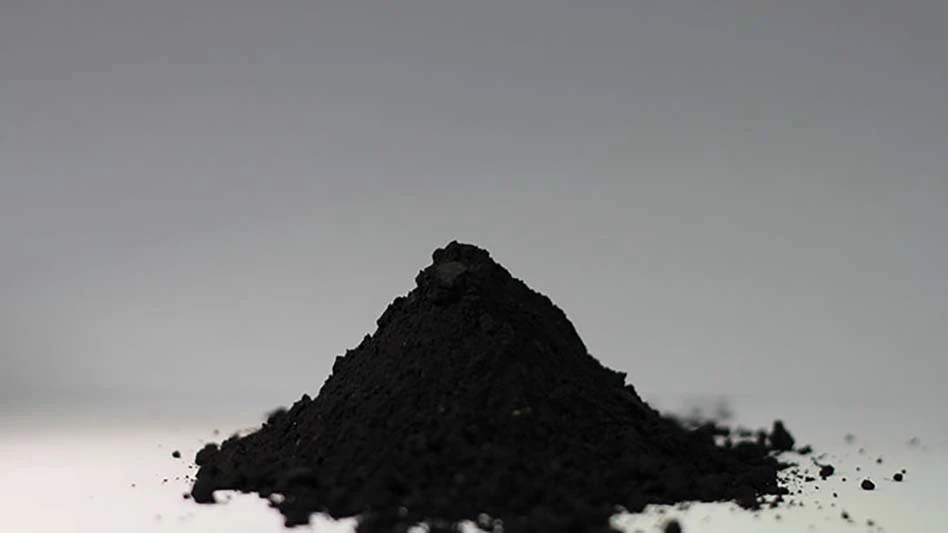Europe-based consumer products company Unilever has issued what it calls “a new range of measures and commitments designed to improve the health of the planet by taking even more decisive action to fight climate change, and protect and regenerate nature, to preserve resources for future generations.”
The company’s press release announcing it will seek to achieve “net zero emissions from all our products by 2039” does not specifically mention recycling. Unilever CEO Alan Jope, however, refers to the company having in 2019 “set out a plan to tackle perhaps the most visible environmental issue we have in the consumer goods industry: plastic packaging.”
Adds Jope, “We set ourselves new and stretching targets that include halving our use of virgin plastic, and helping collect and process more plastic packaging than we sell.”
Unilever has subsequently signed a five-year contract with United Kingdom-based Viridor under which Viridor will supply recycled plastics from its Avonmouth Resource Recovery Centre in the U.K. to Unilever.
Most of Unilever’s newest announcement refers to the products it manufactures as opposed as the packaging that surrounds them. But statements by Unilever and Jope imply that how packaging is designed and the raw materials selected for it will be part of the wider effort to slash the company’s CO2 emissions.
“In response to the scale and urgency of the climate crisis, we are today additionally committing to net zero emissions from all our products by 2039 – from the sourcing of the materials we use, up to the point of sale of our products in the store,” states the company.
Adds Unilever, “We will prioritize building partnerships with our suppliers who have set and committed to their own science-based targets. To do this, we will set up a system for our suppliers to declare, on each invoice, the carbon footprint of the goods and services provided; and we will create partnerships with other businesses and organizations to standardize data collection, sharing and communication.”
Regarding harvested resources that go into its products as well as its paper and board packaging, the company states, “To end deforestation, we must challenge ourselves to even higher standards. This means that we need to have visibility on exact sourcing locations, and no longer rely on the mass balance system, which does not allow for accurate verification of deforestation-free when sourcing derivatives of our commodities.”
Unilever says it intends to “achieve a deforestation-free supply chain by 2023.”
Get curated news on YOUR industry.
Enter your email to receive our newsletters.
Latest from Recycling Today
- Reworld partners with Mystic Aquarium
- BIR calls for fair standards, circular solutions in defining ‘green steel’
- LME reports active Q2
- Liberty Steel assets facing financing deadlines
- Sims is part of Australian recycling loop
- Tariffs target steel exporters Brazil, Canada and South Korea
- Buy Scrap Software to showcase its software at Scrap Expo in September
- LG details recycling activities






